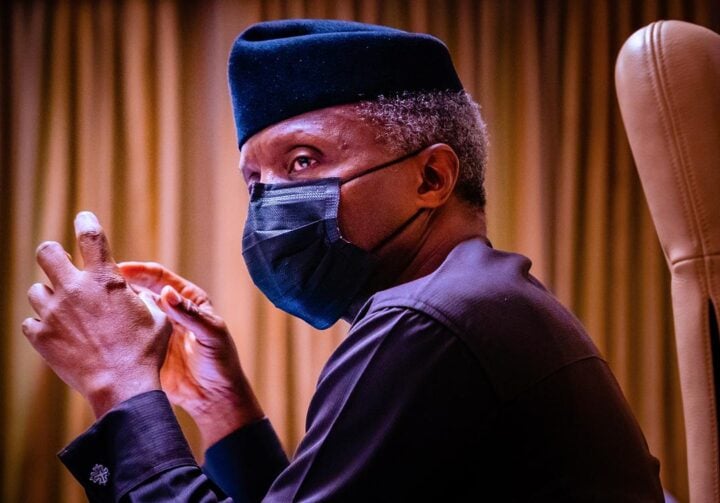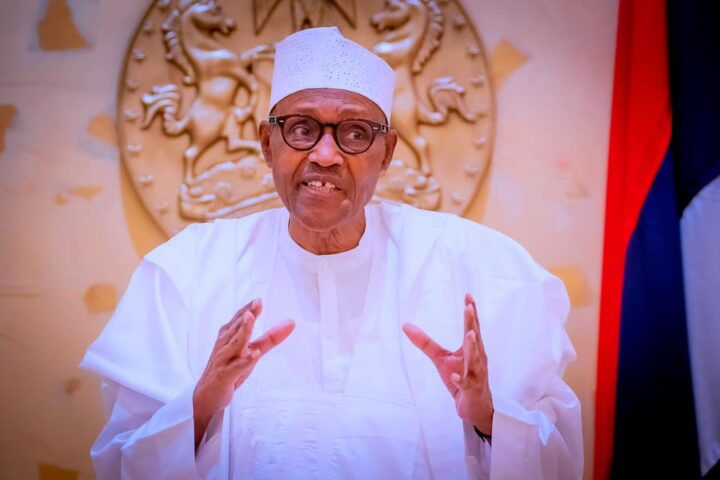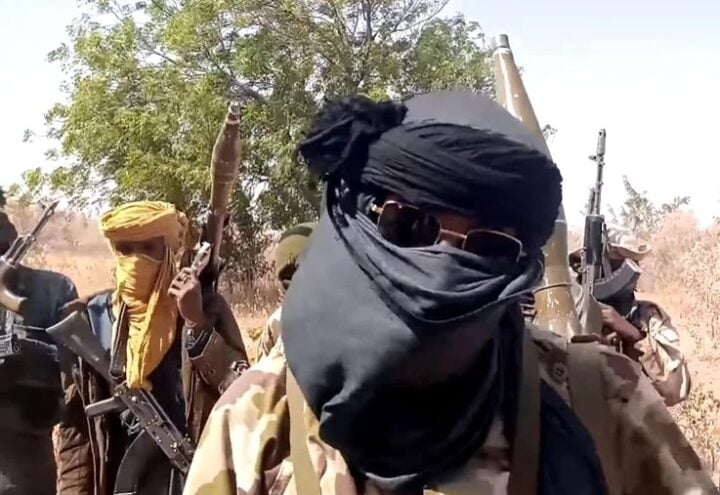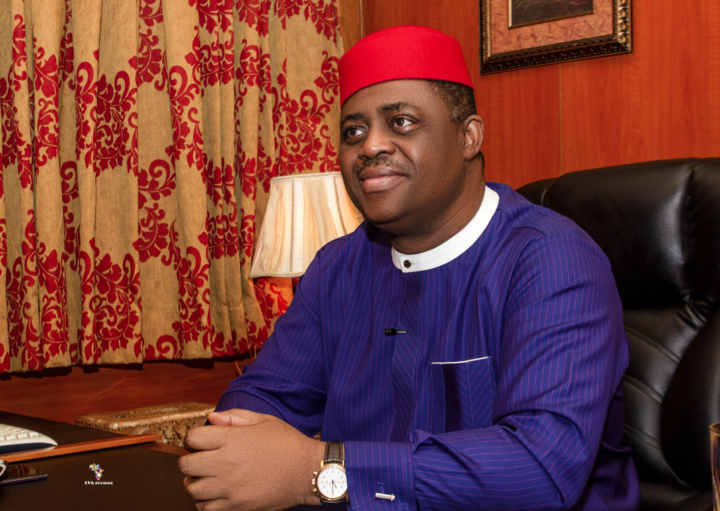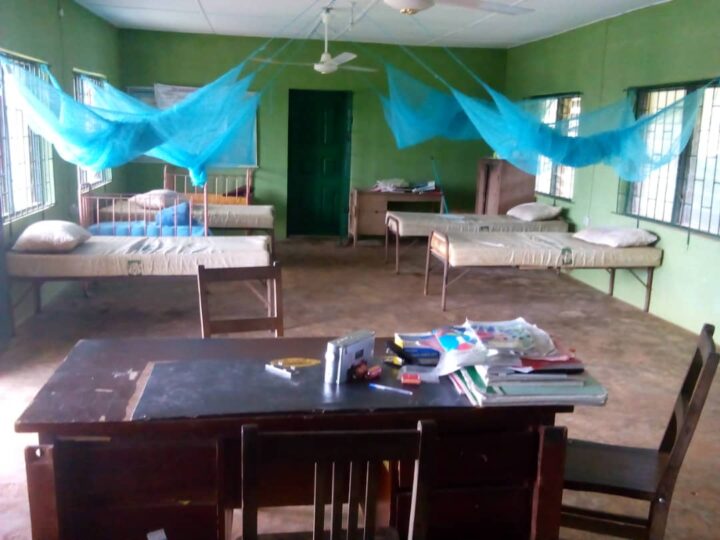BY OLUKAYODE MAJEKODUNMI
It was refreshing reading the position of Professor Yemi Osinbajo and that of former Vice-President, Atiku Abubakar on the issue of restructuring. I laud them for educating Nigerians on what they have done to deepen the concept of true federalism and more importantly, restructuring.
While no one should be in doubt as to the practical works and actions of Professor Osinbajo especially relating to his period in office as the Commissioner of Justice and Attorney-General of Lagos State. He has assumed a posture of a national leader with rich academic and on-the-job training.
The person of the vice-president has been in issue among Nigerians for several reasons, some being of the opinion that he has been sidelined by the president in the recent past, while another school of thought posits that having been entrusted with a lot of responsibilities, in the absence of the president, the latter must have a high degree of confidence in him, as he had in the late Tunde Idiagbon as military Head of state.
Advertisement
In recent years, no Vice-President has been as busy as Osibajo, when compared to VPs Jonathan and Sambo.
Since assumption of office in 2015, Professor Osinbajo has chaired the National Economic Council in line with the position of the Constitution. The National Council on Privatization puts the Vice-President as the Chair of the National Privatization Council through the Privatization and Commercialization Act (1999). The revised National Emergency Management Agency Act 50 of 1999 also made the Vice-President the Chairman of the Governing Board. National Boundary Commission (NBC) Board – According to the National Boundary Commission Establishment Act (2006), the Vice-President is the Chairman of the Commission as appointed by the President. Border Communities Development Agency (BCDA), the Vice-President is the Chairman of the Governing Board for the BCDA. National Institute for Policy and Strategic Studies Board – According to the NIPSS Act (revised 2004), the Vice-President supervises the NIPSS.
Also, the Debt Management Office Board has the Vice-President as the Chairman of the DMO Supervisory Board.
Advertisement
There have been several appointments made at the direction of the President aside those listed by the Constitution or statutes above. Some of those functions at the direction of the President are:
1. Presidential Enabling Business Environment Council (PEBEC) –Yemi Osinbajo as Chairman of the council
2. Niger Delta Power Holding Company (NDPHC) Board – The company was conceived in 2004 but later inaugurated in 2009 by the then Vice-President Goodluck E. Jonathan under the National Economic Council (NEC). Vice-President Yemi Osinbajo automatically assumed Chairman of the board on May 29, 2015 by reason of the leadership of President Muhammadu Buhari
3. Industrial Policy and Competitiveness Advisory Council (IPCAC)
Advertisement
4. National Council on Skills – This council was inaugurated by the Vice-President, Yemi Osinbajo, on February 27, 2020
5. National Research and innovation Council
6. National Council on Nutrition
7. National Addressing System Council
Advertisement
There are also committees, Board and Councils chaired by Vice President Yemi Osibajo and some are listed here for ease of reference:
1. Economic Sustainability Committee to execute a sustainability plan to deal with the fall out of the COVID-19 pandemic and ensure the economy continues to thrive post-coronavirus.
Advertisement
2. Power Sector Reform Working Group. Prof Osibajo led the Power Sector Reform Coordination group after the President gave his approval for the composition of the group. The group’s work is to review ownership of electricity distribution companies as well as harmonize various efforts by the Federal Government and the 36 States, through the National Economic Council on Power Sector Reforms and to oversee the design and implementation of a well-coordinated roadmap for the sector.
3. National Steering Committee of National Poverty Reduction with Growth Strategy (NPRGS). This NPRGS is part of the Nigerian government’s plan to lift 100 million Nigerians out of poverty in 10 years.
Advertisement
In all honesty, the appointments above did not make Professor Osibajo. He has spent years undergoing serious academic rigours at the University of Lagos from where he was appointed by the then Minister of Justice and Attorney General of the Federation, Prince Bola Ajibola under the administration of General Ibrahim Babangida. It was here that serious codifications of our laws started. Their efforts made our laws easily available to all.
One can confidently say that the Vice-President, Professor Yemi Osinbajo was made in Lagos for the Nation. His term of office while serving as Attorney General, Lagos State in 2004 witnessed the codifications of the Laws of Lagos State. The Civil Procedure Rules which introduced Front loading and written addresses for the first time in Nigeria was a product of his critical thinking and today, all the states of the federation have keyed into and benefitted from this innovation spearheaded by him. In addition, it was during his term of office that the Office of Public Defender was created to cater for indigent members of the public in need of justice at no cost. The Citizens Mediation Centre, another brainchild of his, was created to explore the option of mediation in the administration of justice in Lagos and this is another innovation duplicated across most states of the federation.
Advertisement
He modernized the library at the Ministry of Justice, Lagos and renamed it F.R.A. Williams Library in recognition of the contributions of the legal luminary to the field of Law. It was during his term of office that the courts in Lagos got the long deserved facelift and modernization and this went with improved welfare for judges and even retired judicial officers. The appointment of Judicial Assistants for Judges to assist with research was also a product of his critical thinking.
We cannot talk about Professor Osinbajo without his contributions to the development of our jurisprudence and deepening the principle of federalism.
He was the arrowhead of the efforts to strengthen democracy and federalism with his institutions of cases at the Supreme Court as regards the power of states to determine physical planning permits. The constitutionality of excess crude oil account case at the apex court was also his idea, though this was later settled out of court. Professor Osinbajo was also the lead counsel in the case of the creation of Local Government Areas by Lagos State.
In recent times, he has earned accolades for his contributions through the Economic Sustainability Plan which has so far had over 465,820 beneficiaries for the Payroll Support and other beneficiaries from the Artisan Track and Formalization Support Track. In the long run, over 1.5 million beneficiaries will be impacted. The ESP Cash Transfer Scheme as facilitated through a wholly technology-based approach called the Rapid Response Register which plans to pay one million households N5000 monthly for six months as a means of combating the economic side effects brought about by Covid 19.
The Homegrown School Feeding Programme in 35 States feeding 9.9 million children is also another project of his. This has engaged over 107,000 cooks thereby creating income within that ecosystem. Furthermore, more than three million poor and vulnerable households have registered on the National Social Register and another one million families are currently benefiting from the Conditional Cash Transfer.
The involvement of Professor Osinbajo in technology has brought about the following:
1. Microsoft opened an African Development Center in Lagos in 2019 employing engineers building Microsoft products for global use. This was as a result of the meeting between the VP and the leadership of Microsoft on the 10th of November, 2015 where the latter promised a significant presence in the African continent and particularly in Nigeria.
2. Google Inc. in July 2020 announced plans to establish its first Google Launchpad Space outside the United States in Lagos, Nigeria.
3. Facebook, in September 2020 made public its decision to open an office in Lagos as part of its planned expansion in Sub-Saharan Africa.
4. HUAWEI promised the Vice President that the company would position Nigeria as a technology centre for the African continent and give more jobs to young Nigerians.
It was the direct involvement of Professor Osinbajo that led to the dissolution of SARS and the encouragement of Community Policing system. He has been an active advocate and enabler of the Rule of Law in government. He has always stood for the rule of law in the interest of all Nigerians, regardless of ethnicity or religion. Also, Osinbajo saved the party, APC, from litigation by suggesting APC EXCO members become caretakers.
Furthermore, the National Livestock Transportation Plan is a creation of the National Economic Council chaired by VP Osinbajo and State Governors. The VP had publicly rejected RUGA and instead articulated the NLTP which has six pillars through which it aims to transform the livestock production system in Nigeria, through several means, including ranching along a market-oriented value chain while ensuring an atmosphere of peace and justice.
In conclusion, if we are serious as a nation and ready to move in the right direction, there should be no argument as to the suitability of Professor Yemi Osinbajo to run for President in 2023. He has been groomed both academically and politically over several years to take charge on the first day of assumption of office. He is made for Now, for these trying moments of Nigeria.
Olukayode Majekodunmi, LLM, wrote from Lagos
